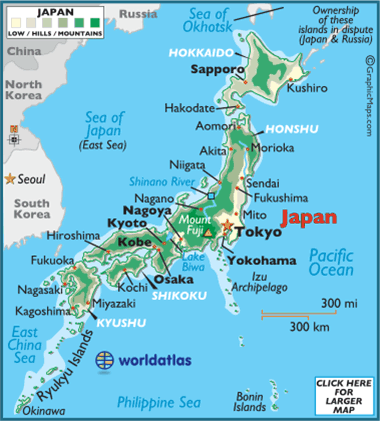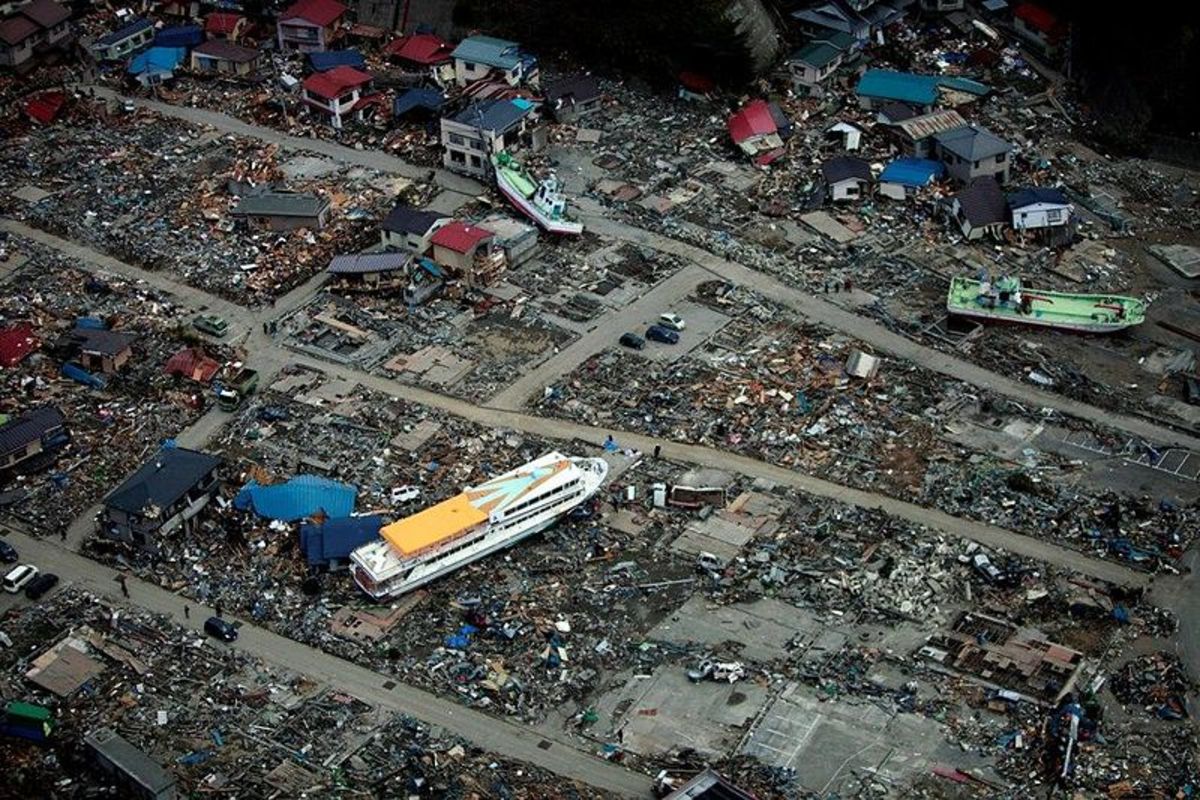Due Diligence When Writing About Japan

Interest in Japan has exploded over the past decade. Increased interest in anime and manga means that availability of information about the language, country, and culture, has similarly exploded. Access to said information is often as easy as a quick Google search.
So why is it that I keep finding books where it's clear to me that either the author or the editors did not do their due diligence in fact-checking about the Japanese elements of the story?

I'm an avid reader. I'm also a bit of a Japanophile. I'm learning the language, I like a lot of the food, and it's a kind of a dream of mine to be able to work there someday. As such, I've done some research into the country and culture. Nothing will ever make it stick quite like living there will, mind you, but I like to think that I'm getting as close as I can until I actually can live there.
People tell me I can't possibly know anything about Japan unless I've lived there.
I wonder if that's because these people keep encountering others who write or talk about Japan and yet apparently can't get their facts straight.
As you can see from the map above, there is nowhere around Tokyo called "Shiyuba" or "Ometsando." Somebody should tell Kristi Charish and Sarah Lotz that, though, because I found both of those places listed in books they'd written. (Owl and the Japanese Circus, and
The Three, respectively.) Chances are they meant "Shibuya" and "Omotesando." I'd excuse those instances as unfortunate typos, but sadly, I feel they are in keeping with other errors I found in each of their novels.
Charish had a habit of transposing vowels in Japanese words for no particular reason, which isn't even in keeping with the way the Japanese language works. Japanese works by syllables, most often arranged in a consonant-vowel combination. Each written character in Japanese follows that pattern. Bu is ぶ; ya is や, but you can't just rearrange the vowel sounds without changing the character used to write it. Yu is ゆ; ba is ば. Completely different. If Charish's goal was to nod at real places but give them fake names that make sense contextually, it would actually have been more accurate to call fake-Shibuya "Shiyabu." (Ignore the fact that kanji comes into play here. That complicates matters even further...) Which still sounds awkward, but it's closer to the original.
But Charish did this with a number of Japanese place names and people names in her first Owl novel. I don't know if she kept doing it, because I never read beyond that first novel.
Having read Sarah Lotz's The Three recently, I noticed that the problem there was less to do with transposed vowel sounds and more like a misunderstanding of how names are used at all. Ometsando isn't a Japanese place name, nor is it a word that could happen in Japanese at all; the tsa sound isn't one that occurs in Japanese. As I said, I'd have chalked this one up to an unfortunate typo that just slipped by editors, if it wasn't for a name that came up with relative frequency: Aikao.
Aikao is not a real name, to the best of my knowledge and research. It was used as a real name, a woman's given name. I mentally refer to her as Love-Face, because that's what that name would mean.
All of the problems I mentioned could have been avoided with quick Google searches. And yet...

What can be done?
I'm not saying all this to have a dig at the authors themselves. Mistakes do get made, and I both know and accept that. No written piece will ever be perfect.
But there are easy things that can be done to minimize those mistakes, and it seems that an awful lot of people are not bothering.
When writing about other cultures, countries, languages, and so on, only part of the writing is about telling a good story. The other part is respecting the place from which you got your inspiration. Which means that if you want to write about Japan, you had best respect it. And respecting it means doing your best to make sure you present it properly. There was nothing about the aforementioned problems that would have affected the story when corrected, so it's safe to assume that they weren't left in with that excuse.
Some of the problem may lie in people assuming they know things when they actually don't. A person who is confident in their knowledge isn't likely to take that 30 second Google search to confirm anything. They're going to think, "I already know this," and keep writing.
The problem may also lie in the assumption that if an author does make a mistake, it will be caught in editing and fact-checking.
Both of these assume that the editor doesn't just think, "I'm not very familiar with this topic, but I trust that the author did their due diligence, so I'll just leave it as it is."
The two cultures I know the best are Canadian and Japanese. It bothers me when I see errors made about either of these places or people, especially when they are so easy to avoid. We have a vast array of information at our fingertips in the form of the Internet. If, when I do a Google search for, "Is Aikao a Japanese name?" and all of my results come up asking if I meant "Aika," "Aiko," or linking me to sites where someone has the username of Aikao, chances are no, that is not a Japanese name. It isn't too difficult.
Authors, if you're writing about Japan (or any other culture that isn't a culture you've experienced), I'm not saying you can't. I am saying that you should make sure you do your research before you do. If you're not willing to research to make sure you present the country or culture properly, then you're using that culture as nothing more than a prop for your story, and a prop like that is going to be very flimsy. Not to mention disrespectful to very real people with a very real history.
Editors and proofreaders, if one of your clients writes about a culture you're not that familiar with, don't just assume that they did their homework and are 100% correct. After all, there's a reason that the manuscript is in your hands. If you're not sure, Google it. Or find someone who knows more about it than you do.
I understand that authors and editors have deadlines they have to meet, and doing due diligence takes up some of that valuable time. But the alternative is this. It's people wondering why so much keeps getting done incorrectly, sloppily.
I want to say that it erodes respect for the people involved, but honestly, I know better. And yes, that is my bitterness talking. Most readers won't catch these problems. When I mentioned my issues with the Charish novel, a minority of responses were from people who knew Japan enough to say, "Yes, I was annoyed by the inaccuracies too." Most responses were from people saying, "I don't know enough about Japan to comment, but I enjoyed the rest of the story."
The problems I mentioned with Japan's representation are not limited to those two books, either. Many people pointed out the problems with Jay Kristoff's Lotus War novels, and Megan Crewe's A Mortal Song presented characters raised in Japan who acted as though they were raised in North America. And those are just the books I can think of immediately; I don't doubt that there are plenty of others out there with similar issues.
Enough, certainly, to make me think that as popular as Japanese culture is, as much interest as exists, and as easy as it can be to get information, few people are willing to take the time and effort it requires to do justice to what they're writing about.








